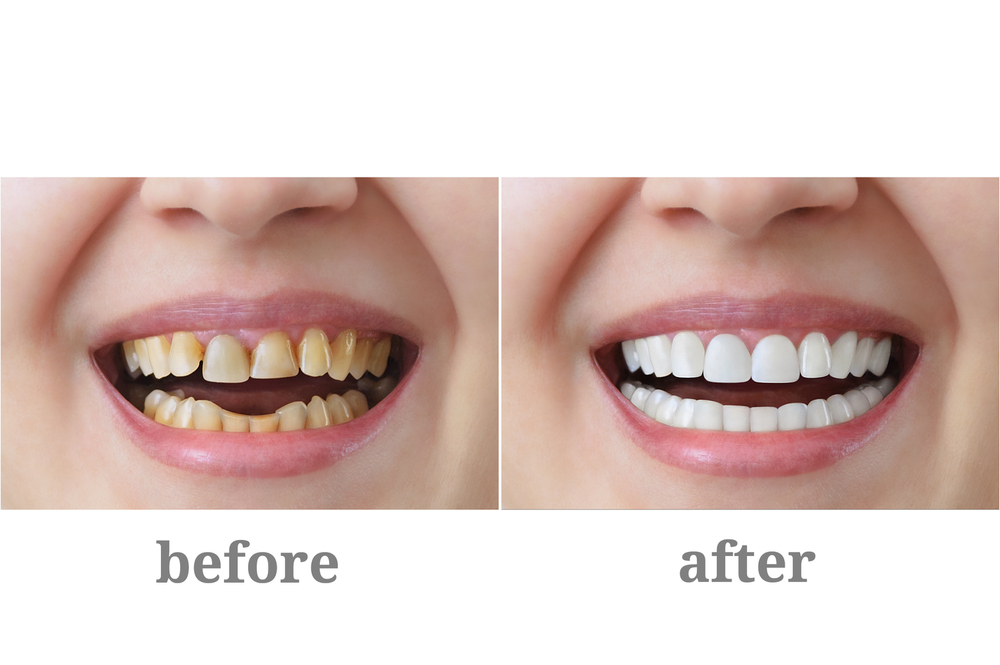If your teeth are damaged or have been chipped, a dentist would suggest putting a dental crown to protect them. But selecting the right crowns is more than booking an appointment. You should consider cost, materials and its durability. It is obvious to have questions before making a decision.
If you are searching for dental crowns near you, this guide will walk you through the essential facts you need to know before treatment.
What is a Dental Crown?
Dental crowns are custom-made caps that protect a damaged or decayed tooth to make it stronger and more pleasing, improving its shape, appearance and function. They are also used as support after root canal therapy or a dental bridge. The process takes two dental visits: first to prepare the tooth and second to insert the crown.
If you’re thinking about getting this treatment, it’s essential to seek out an experienced dentist in Sherwood Park, AB, who can assess your particular situation.
Types of Dental Crowns
There are various crown materials, and each has its advantages and disadvantages. The dental crowns have the following types:
-
- Porcelain: Ideal for front teeth because of their natural appearance.
- Metal (such as gold or alloy): Extremely strong and durable, ideal for molars.
- Porcelain-fused-to-metal: Provides strength and a more natural look.
- Zirconia: Both strong and aesthetic.
- Resin: Typically less expensive but may have a shorter lifespan.
A dentist will help you select the most suitable based on your needs, tooth location, and cost.
Are Crowns Permanent?
Crowns are durable, but not everlasting. With proper care, they will last between 5 to 15 years, or even more. It all depends on the material and how well you take care of your oral hygiene.
Don’t chew hard foods such as ice or candy, and don’t use your teeth to open packages. Regular dental checkups are necessary to ensure the crown remains in good shape.
Tooth Cap vs Crown: What’s the Difference?
This is one of the confusing questions every patient comes across: is there any difference between Tooth Cap vs Crown? Dentists use the two words to refer to the same thing. “Cap” is simply more informal. As long as your dentist uses a cap or a crown, they’re describing a covering over a broken tooth.
So there’s no distinction in function or purpos, it’s just about how it’s described.
What to Expect During the Dental Crown Process
Crowning requires the removal of some of the broken tooth so that the crown will fit. Your dentist will take an impression of the tooth and have it sent to a lab where the crown is fabricated. A temporary crown is installed in the meantime. During the second visit, the permanent crown is cemented.
Modern techniques have made this process more comfortable. Some clinics even offer same-day crowns using digital scanning and in-house milling.
Do You Really Need a Crown?
Not always. Dentists may recommend other procedures such as fillings or onlays for minor wear. But if the tooth is badly worn down, cracked, or has been subjected to a root canal, a crown must be used to cover it.
If you are considering dental crowns in Sherwood Park, AB, talk with your dentist about whether or not a crown is the right option.
Wrapping Up!
Considering a crown? It’s a great move towards maintaining your natural teeth and enhancing your overall oral health. Crowns can save, restore, and beautify your smile when well selected and placed.
Stronger teeth. Smaller smile. Always.
Whether you’re repairing a broken tooth or completing a root canal, quality care matters. Schedule a consultation with Aspire Dental to discuss your crown options and receive personalized care from a team you can trust.
